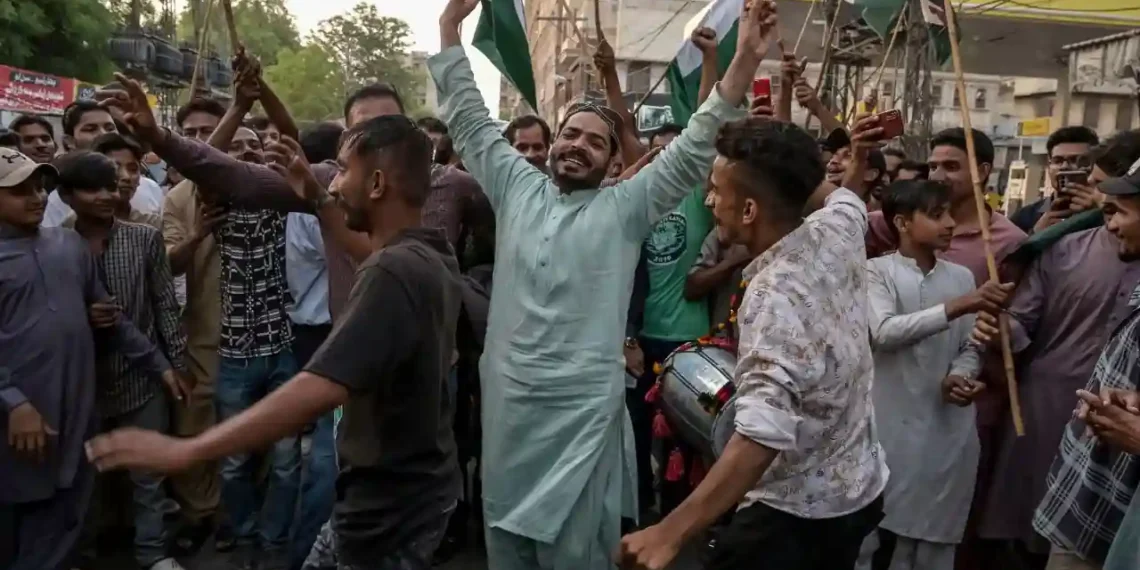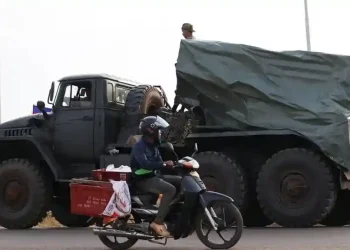India and Pakistan Agree to Ceasefire After Escalating Cross-Border Strikes
A breakthrough in South Asia: After weeks of rising tensions and cross-border military strikes, India and Pakistan have agreed to a ceasefire—easing fears of a broader conflict between the two nuclear-armed neighbors. The agreement followed an intense weekend of back-and-forth attacks, and although U.S. officials say they played a major role in brokering the deal, Indian sources have been quick to downplay that claim.
How It All Unfolded
The tipping point came after a deadly massacre of tourists last month in Indian-administered Kashmir. India blamed Pakistan for the attack and launched a retaliatory military campaign named “Operation Sindoor” that targeted sites in both Pakistan and Pakistan-administered Kashmir. Pakistan, denying involvement in the killings, responded with its own strikes.
By Saturday, the situation had spiraled into a dangerous exchange of fire:
- India reportedly launched missile strikes on three Pakistani air bases overnight.
- Pakistan retaliated forcefully Saturday morning, targeting Indian military bases and installations near the Line of Control in Kashmir.
- A Pakistani military spokesperson called the retaliation “an eye for an eye.”
Behind the Ceasefire
According to a senior Pakistani source, both sides were inching toward a diplomatic resolution late Friday—but were jolted by India’s overnight missile attacks. That escalation prompted Pakistan to respond even more aggressively, leading to a surge in urgency for peace talks on Saturday.
Despite intermittent rocket fire during the talks, U.S. Secretary of State Marco Rubio reportedly played a “monumental role” in keeping dialogue on track. Diplomats from Saudi Arabia and Turkey also contributed to mediation efforts.
By Saturday afternoon, both sides halted new strikes, and just two hours later, the ceasefire was formally announced.
Global Reactions Pour In
World leaders were quick to welcome the truce:
- UK Foreign Secretary David Lammy called it “hugely welcome” and urged both sides to “sustain this” for the region’s stability.
- EU foreign policy chief Kaja Kallas described the ceasefire as “a vital step toward de-escalation” and emphasized the importance of respecting the agreement.
What Comes Next?
While the ceasefire is a relief, the path forward remains uncertain. India and Pakistan have fought three wars over Kashmir, and tensions over the region continue to spark frequent military flare-ups.
As peace talks gain momentum, observers will be watching closely to see if this truce holds—or becomes just another pause in a long cycle of conflict.
This article was rewritten by JournosNews.com based on verified reporting from trusted sources. The content has been independently reviewed, fact-checked, and edited for accuracy, neutrality, tone, and global readability in accordance with Google News and AdSense standards.
All opinions, quotes, or statements from contributors, experts, or sourced organizations do not necessarily reflect the views of JournosNews.com. JournosNews.com maintains full editorial independence from any external funders, sponsors, or organizations.
Stay informed with JournosNews.com — your trusted source for verified global reporting and in-depth analysis. Follow us on Google News, BlueSky, and X for real-time updates.














